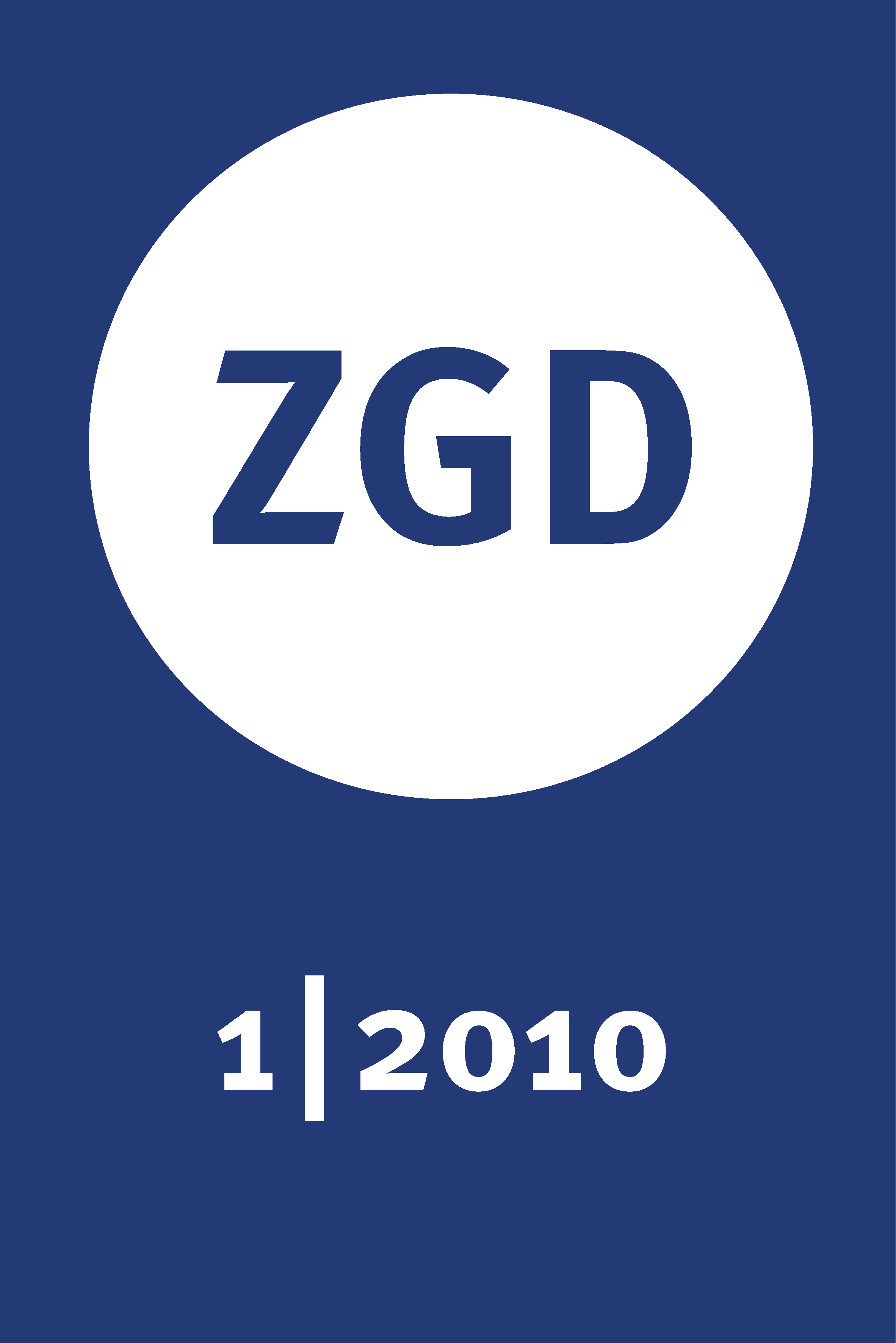Portfolio – An Instrument for Self-Regulated Learning in Geography at High Schools?
Empirical Results of the Swiss Project APU
DOI:
https://doi.org/10.18452/25526Keywords:
portfolio, geography, high school, self-regulated learning, motivationAbstract
This article examines the effects of portfolio practice within a problem-oriented learning environment (APU) in the subject Geography. Portfolios are collections of students' own learning products, such as papers, presentations etc. The use of portfolios was aimed at fostering students' self-regulated learning competencies, particularly with regard to learning strategies and motivation. The study took place between August 2006 and February 2008 in Swiss high schools (higher secondary education, 10th-11th form) with a total of 102 students. Data were collected with standardized questionnaires at four different measurements within a quasi-experimental design. In line with the expectations, the analyses show moderate to strong effects for several indicators relating to the learning environment itself, as well as a substantial increase of portfolio acceptance during the intervention. However, no significant differences in students' capacities for self-regulation were observed. We assume that students would need to work with portfolios for a longer period of time to make significant gains in the areas of learning strategies and motivation.
Downloads
Published
How to Cite
Issue
Section
License
Copyright (c) 2022 Journal of Geography Education

This work is licensed under a Creative Commons Attribution-NonCommercial-NoDerivatives 4.0 International License.







